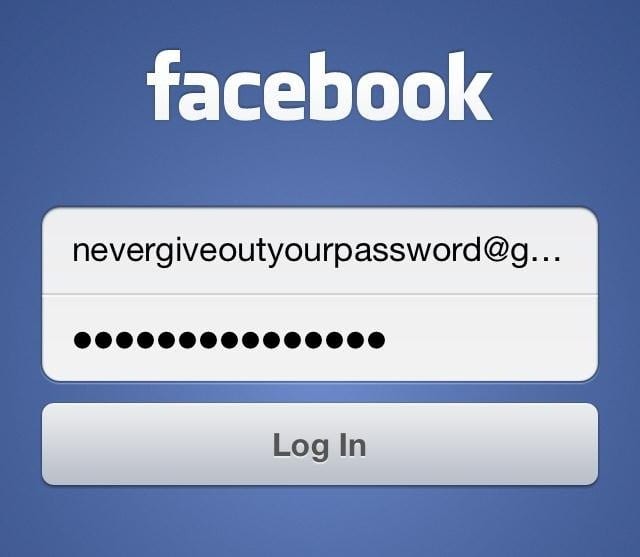With the availability of technology fueling a significant rise in cybercrime, more and more people are exercising extreme caution over password-protecting their devices. From businesses frequently reminding its employees to change their password on a regular basis to individuals being warned to choose different passwords for different websites, we live in an age where vigilance is no longer a side thought – but a main course of action.
Yet while it’s all very well stressing the importance of regularly amending your login details, what’s more imperative is what exactly your password should be changed to. With the most common passwords deriving from family-related circumstances (memorable birthdays, key relative names), a lot can be said about the type of password you choose.
Experts in body language, Judi James and James Moore, reveal what the combination of characters says about your personality.
It’s all in the name
For users with a preference of choosing their lover’s name, apparently this denotes a strong sense of loyalty. Despite the low likelihood of them ever straying, the idea of their significant other featuring as their password could also be seen as a sign of obsession or distinct lack of imagination. “It might be time to put your relationship in perspective and stop letting it consume you,” suggest James and Moore.
Making it ‘work’
If it’s a password for your office, we understand the relevance – but is it really necessary? “You’re someone who simply needs to get out more,” explain the pair. Defaulting to a work-related password implies an individual conditioned to professional boundaries and is either dull or a “career-obsessed workhorse”, with little going on in their social life.
Go figure
When changing our passwords, websites will often advise us to insert numbers into our cryptic combination – but for those who take this a little too seriously, can be evidence that the user is “logical to the point of humorlessness”. However, it seems quite a large majority of people share this practice – with James and Moore claiming one in ten using numbers as their computer passwords.
Favourite music/team/hobby
Showing fan-like qualities indicates a somewhat romantic attitude to life. “To you, work and life is one long determined fight to stay happy and positive,” explains the pair. But on the other side of the coin, this can signify that you’re much too trusting in relationships – with people seeing you as either an eternal optimist or a “gullible sucker”.
Your Name (or nickname)
Using your own name can come across as you having quite an inflated ego, and being so confident that it could be misconstrued as arrogance. “In fact, you’re desperate to achieve, well, anything,” James and Moore say. Guess it makes remembering your password easier!
Animal Antics
Ah, our beloved pet’s moniker. Accessing your emails with the likes of “Scamper” or “Captain Fluff-face” means you’re more of the nostalgic type, with a penchant for surrounding yourself with memorabilia reminding you of your past. “Other people just don’t understand you so you keep your sensitive side hidden, only revealing your innermost thoughts to the dog, cat…or chinchilla,” the duo state.
What are the inspirations to your passwords? And remember – change your passwords as often as you can!
We at the unbiased blog urge you to check out http://www.shop.bt.com/ for products that safeguard your devices.












